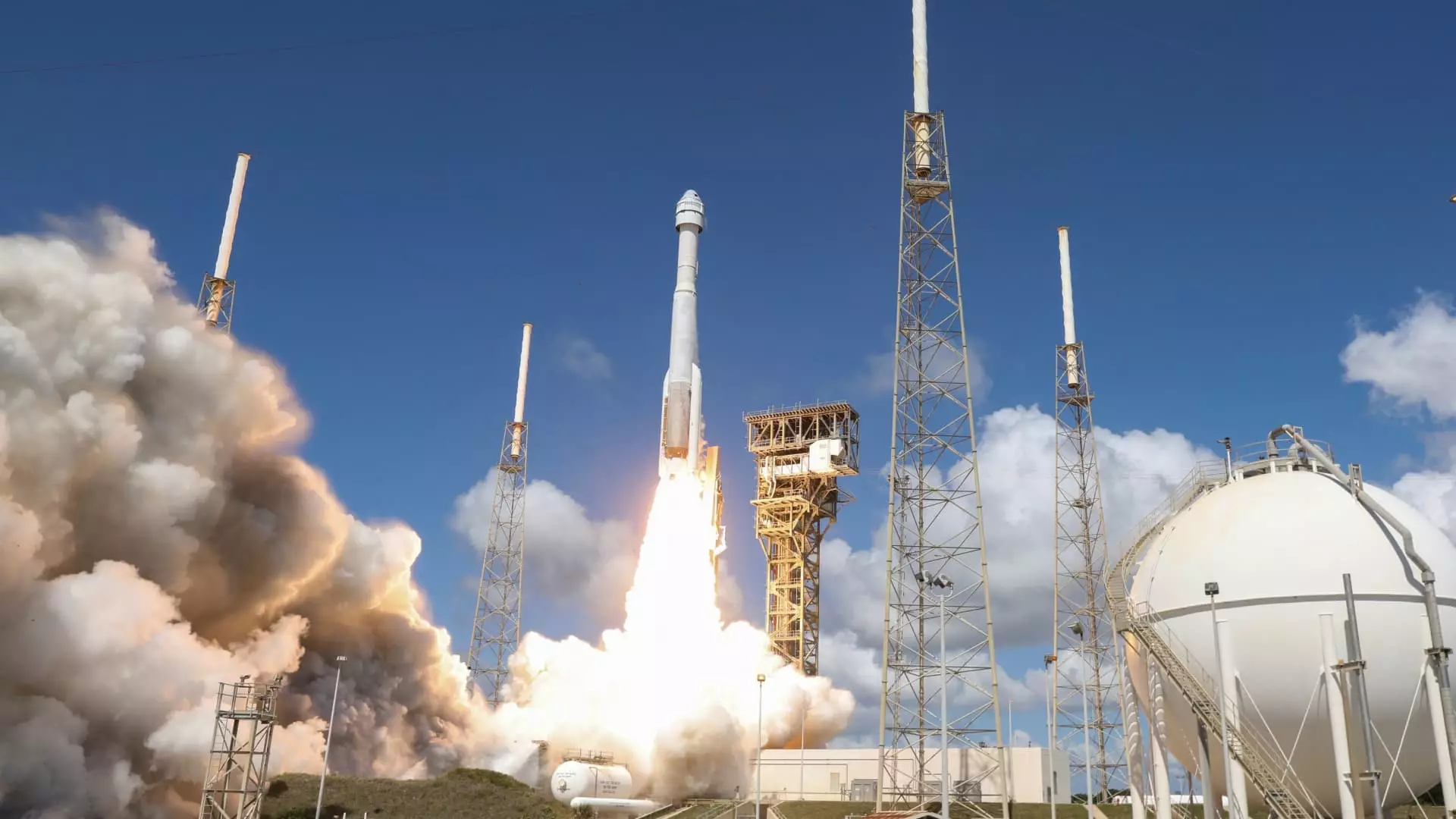Boeing’s Starliner is a significant player in NASA’s Commercial Crew Program, aimed at transporting astronauts to and from the International Space Station. This human-grade space capsule was developed as part of a $4.2 billion contract signed in 2014.
NASA’s decision to involve private companies like Boeing and SpaceX in the Commercial Crew Program marked a significant shift in the agency’s approach. Instead of relying solely on its own engineering talent, NASA offloaded some of its responsibilities to the private sector. This move was initially met with skepticism in Congress, but Boeing’s entry into the program helped build confidence in the initiative.
Despite the substantial investment and high expectations, Boeing has faced challenges in delivering on its obligations within the Commercial Crew Program. The company has received nearly $5 billion for the development of Starliner, but it has spent a significant portion, $1.5 billion, on covering delays and overruns. This has led to Boeing lagging behind SpaceX, which has successfully completed multiple crewed missions since 2020.
Boeing recently launched a crucial test mission, involving a crewed flight, which is essential for NASA to certify Starliner for operational missions. This milestone mission will determine Boeing’s ability to meet the requirements set by NASA and catch up with SpaceX in the race to transport astronauts to space. The future of Boeing’s Starliner in the Commercial Crew Program remains uncertain, given the challenges it has faced so far.
Boeing’s Starliner has been a key player in NASA’s Commercial Crew Program, but it has encountered setbacks and delays in fulfilling its commitments. The success of the recent test mission will be critical in determining Boeing’s ability to compete with SpaceX and continue its journey towards enabling human spaceflight. As the competition in the commercial space industry intensifies, Boeing will need to overcome its struggles and prove its capabilities to maintain its position in the space race.



Leave a Reply